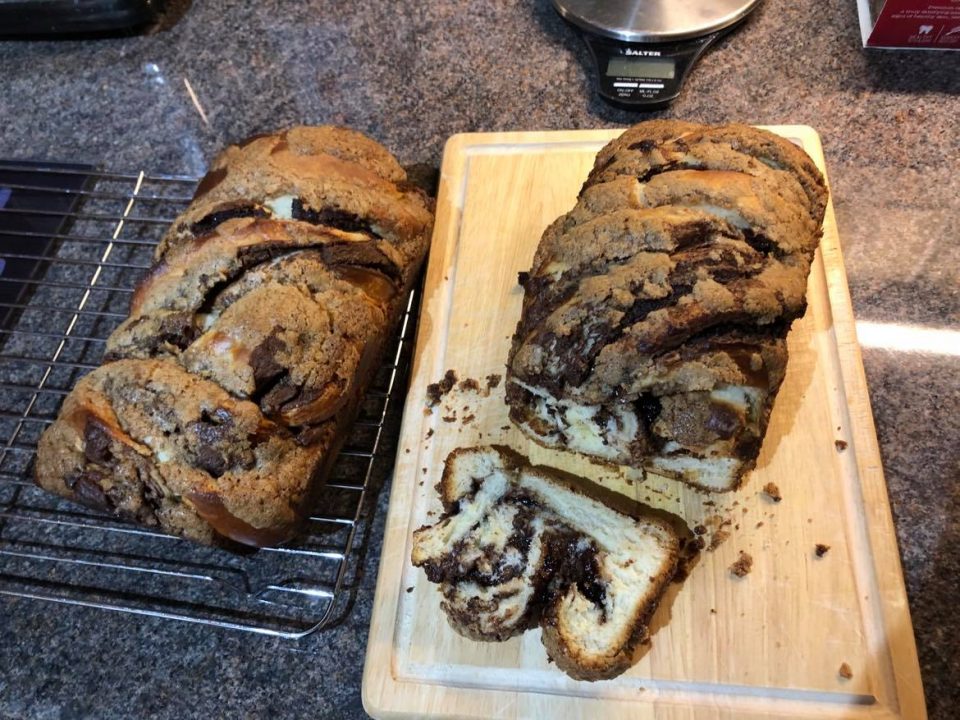Hi folks, this weeks blog is written by Karen, we are meeting at the Crescent Club at 7.30. Please do keep in mind social distancing and don’t forget to bring your mask! Look forward to seeing you there.
This week’s theme is eating leftovers and it’s no secret I love eating.
Baking and eating a variety of cakes, bread and puddings has definitely helped me through the last 18 months but in recent months I know I’ve eaten far more than I need. My jeans don’t fit, I get out of breath quickly and after our recent holiday I’ve craved vegetables to the point we’ve eaten vegan most of this week. I’m struggling to look at photos of myself and my confidence is low. This is because throughout my life I have heard the message ‘fat is bad, thin is good’. Since I was 13 have been in a constant cycle of losing or gaining weight.
To help me get a more balanced view on all this I follow Dr Joshua Wolrich and Beyond Chocolate on Social Media. Look them up if you want to know more (links below) – they take a more balanced view than ‘big is best’ and have a strong emphasis on emotional wellbeing. In response to what I’ve learned from them I now make a conscious effort not to comment on someone’s weight loss as I don’t want to reinforce the message that you are worth more when you are slimmer.
There have been two media articles that have wound me up this week, the front page of the Church Times and Lord Robathan’s comments about obesity (links below). Have a look if you are interested. This topic is everywhere are there are strong views on both sides but what is often lacking is consideration of those with eating disorders or the many factors that contribute to body size.
In the Liturgy of the Ordinary the author raises various questions about food and eating, from the ethics of food production to the sacrament of communion. Some of the most special times we have had together as a community have been round a huge table sharing food and alcohol.
The main thrust of the chapter is the link between our body’s biological need for food and our spiritual need for connection with God. She suggests that if we don’t nourish our spiritual needs we can become spiritually hungry or disconnected. This makes sense. I know that I put a lot more effort into thinking about what I’m going to eat than how I’m going to connect with God and as such I often feel spiritually disconnected.
The author talks about the simple act of saying grace before a meal – this and the food we eat can often feel mundane but if we can get into this rhythm it can help anchor us to God.
Questions:
What’s the most memorable meal you’ve ever had?
And the most disgusting?
Should the church have a view on obesity?
How much consideration do you give to where your food has come from?
Where do you see the links between eating and spirituality?
Do you say grace? If so why?
What is Communion?
Links:

Rob Wylie is the founder of BeachcomberFX and guides its leadership team. He has worked in the North East for over 20 years and has vast experience from various roles he has held. He has a passion for Fresh Expressions of Church and Pioneer Ministry as well as beer, beaches and Miniature Schnauzers.
